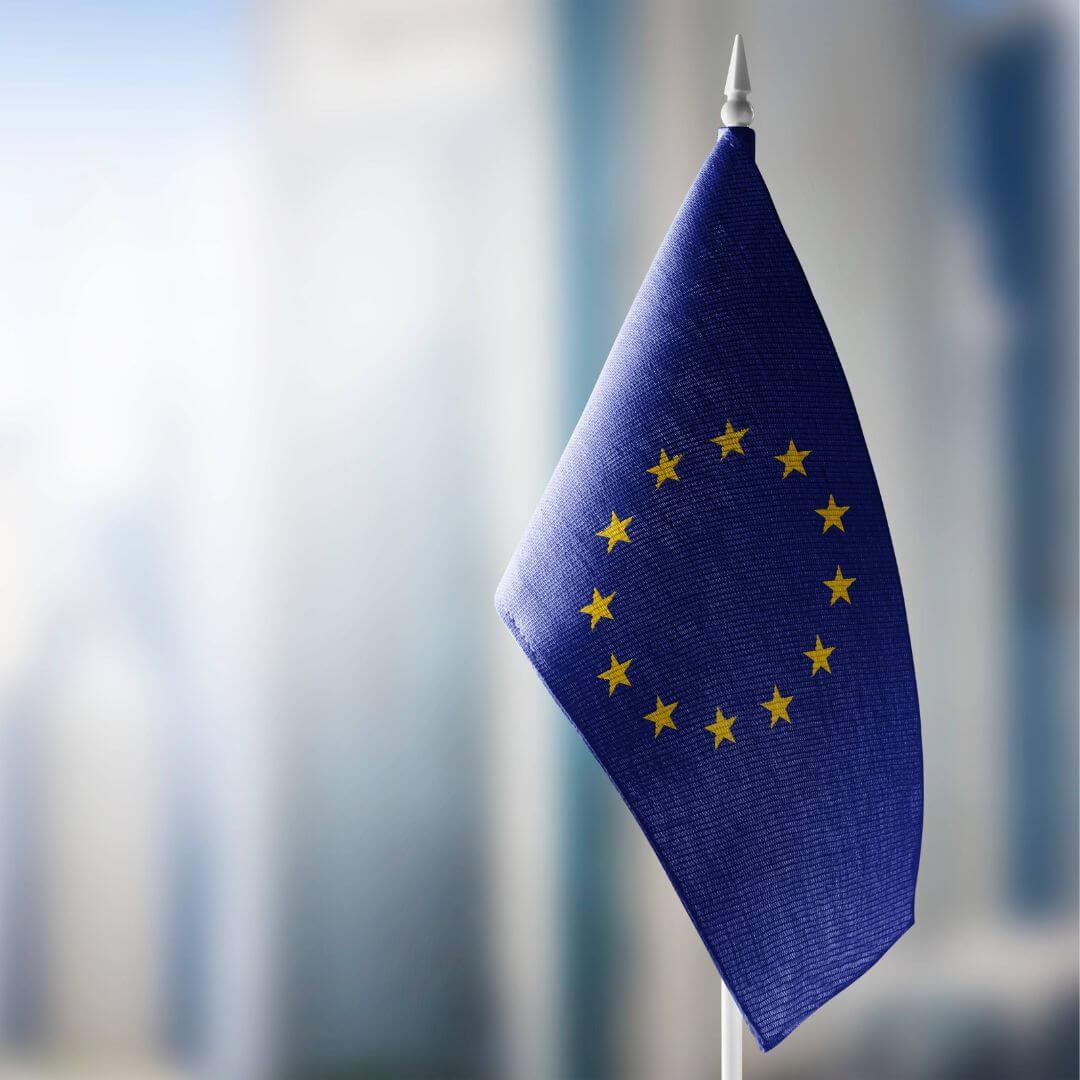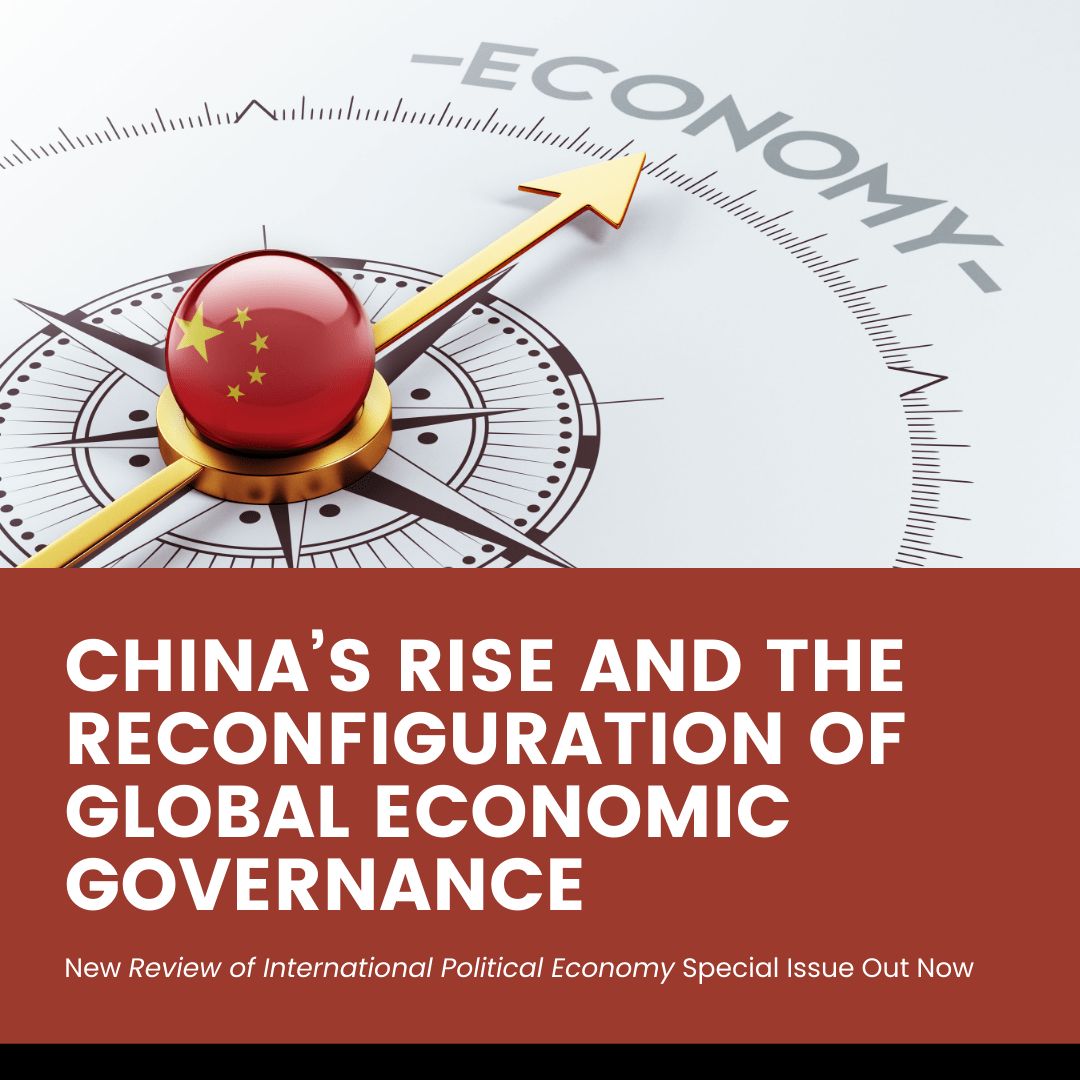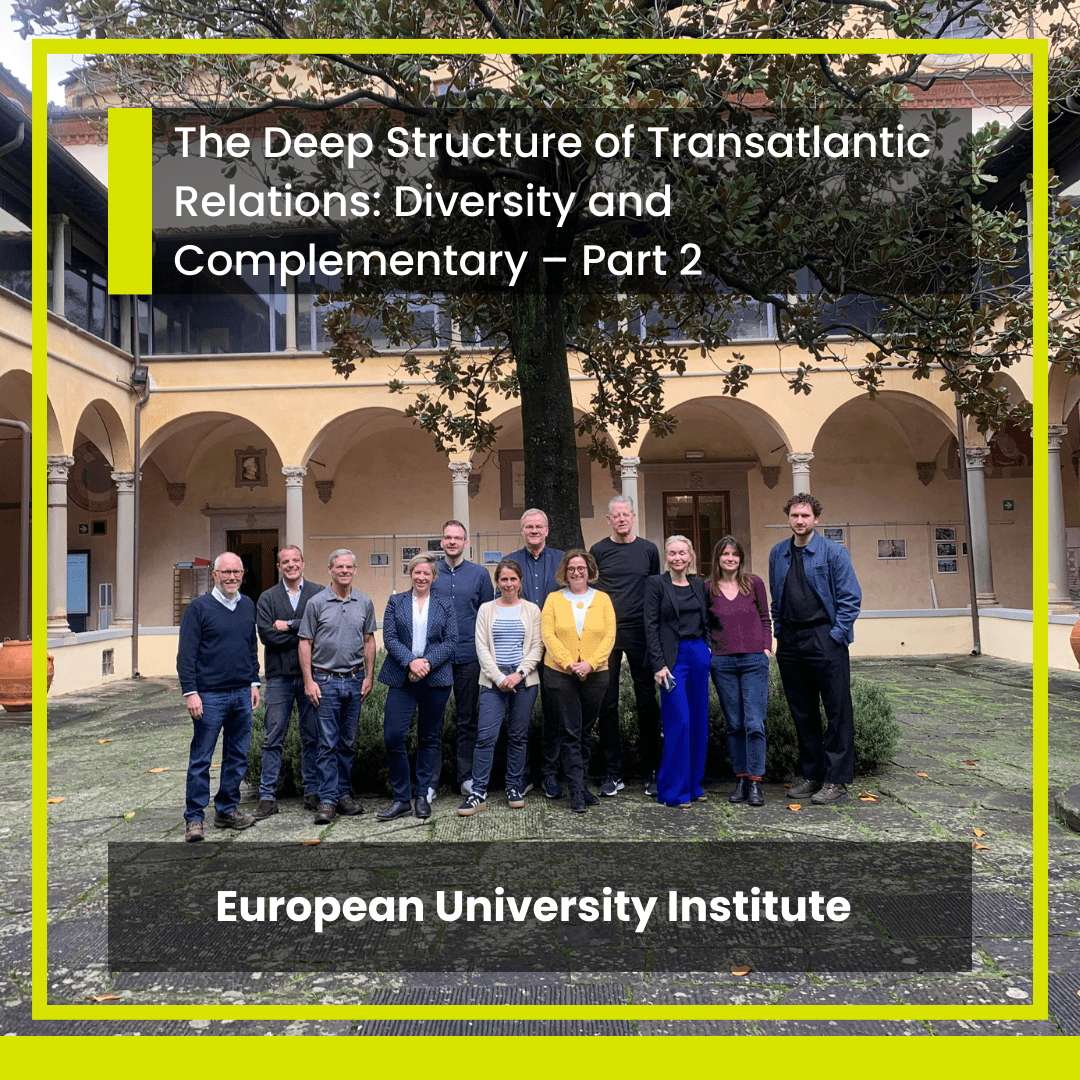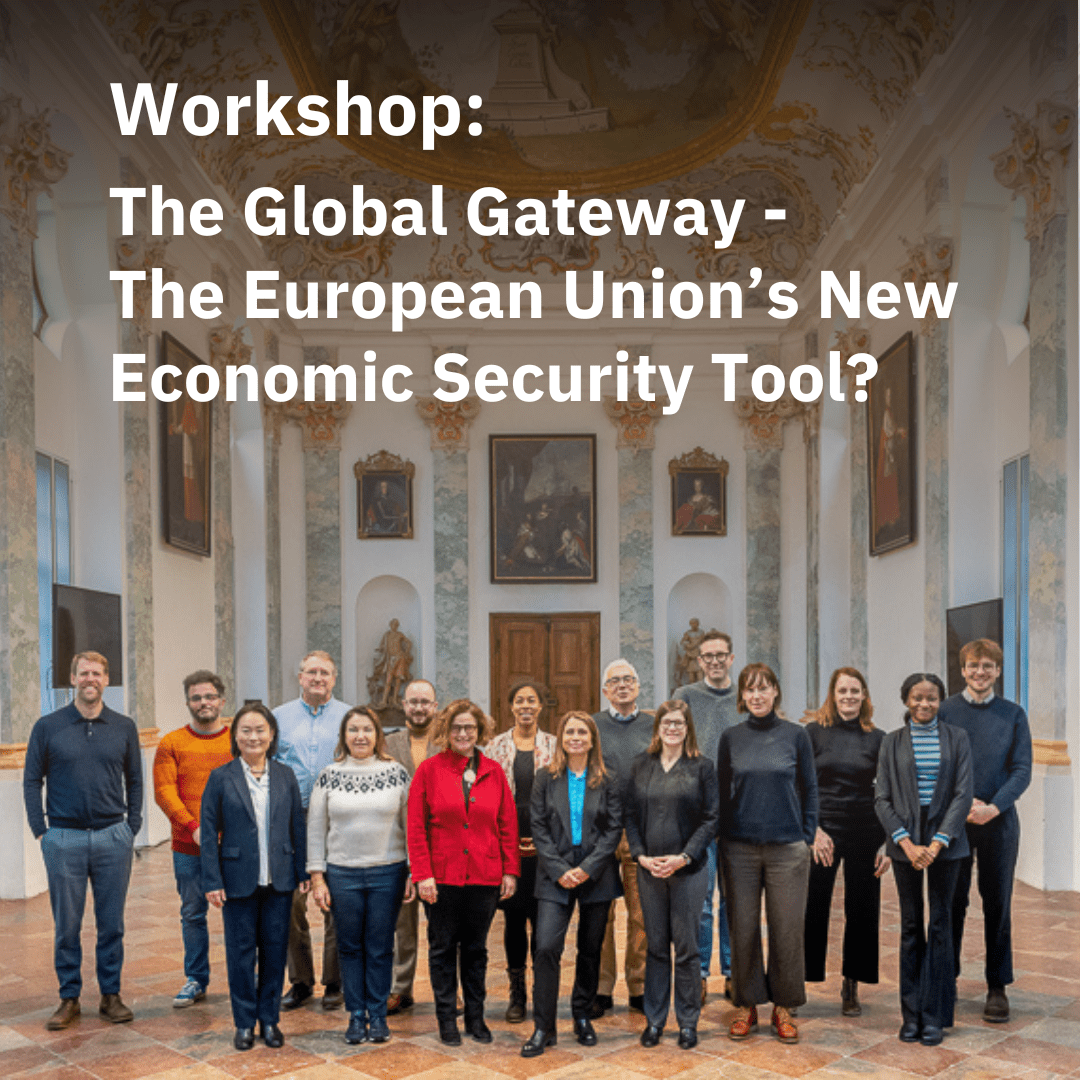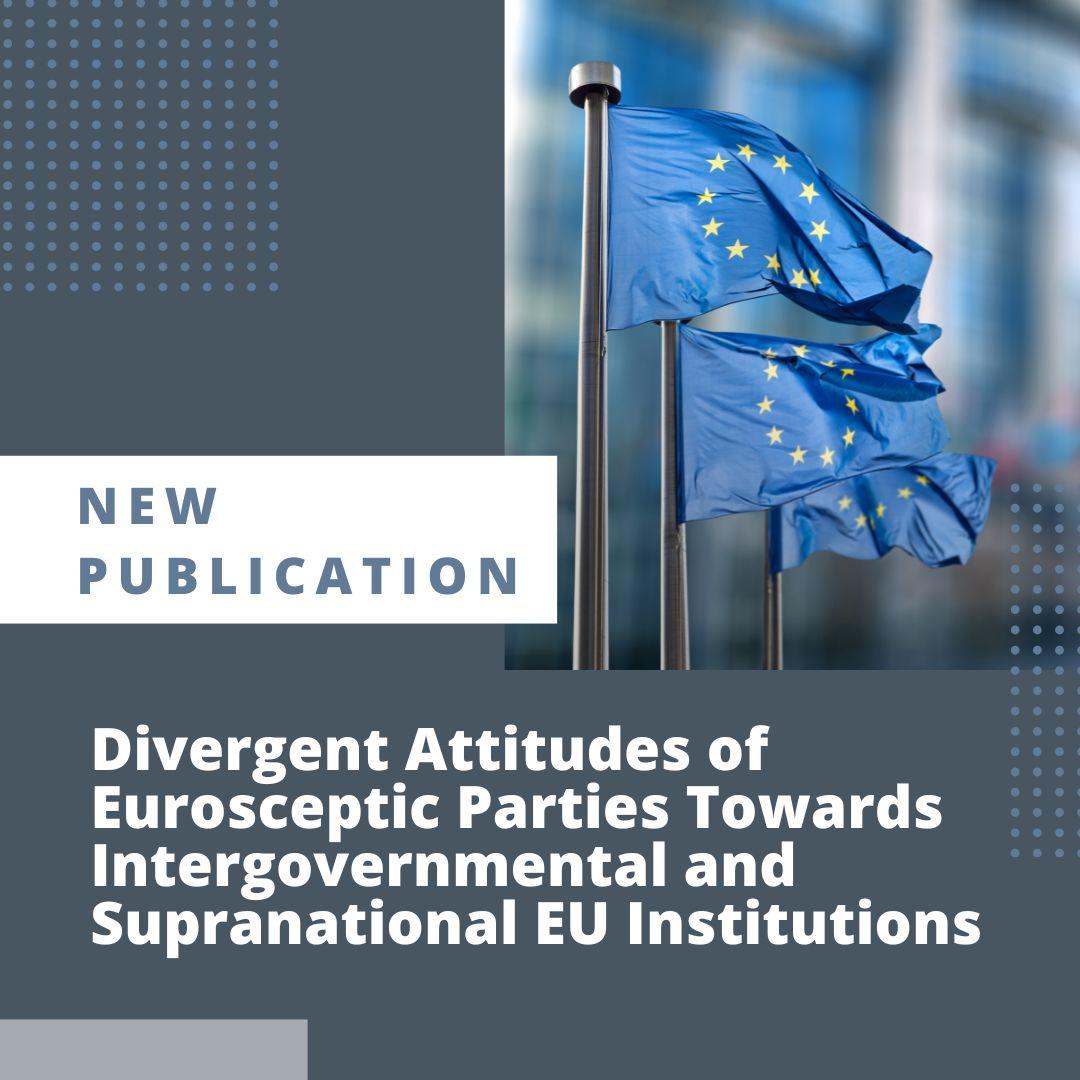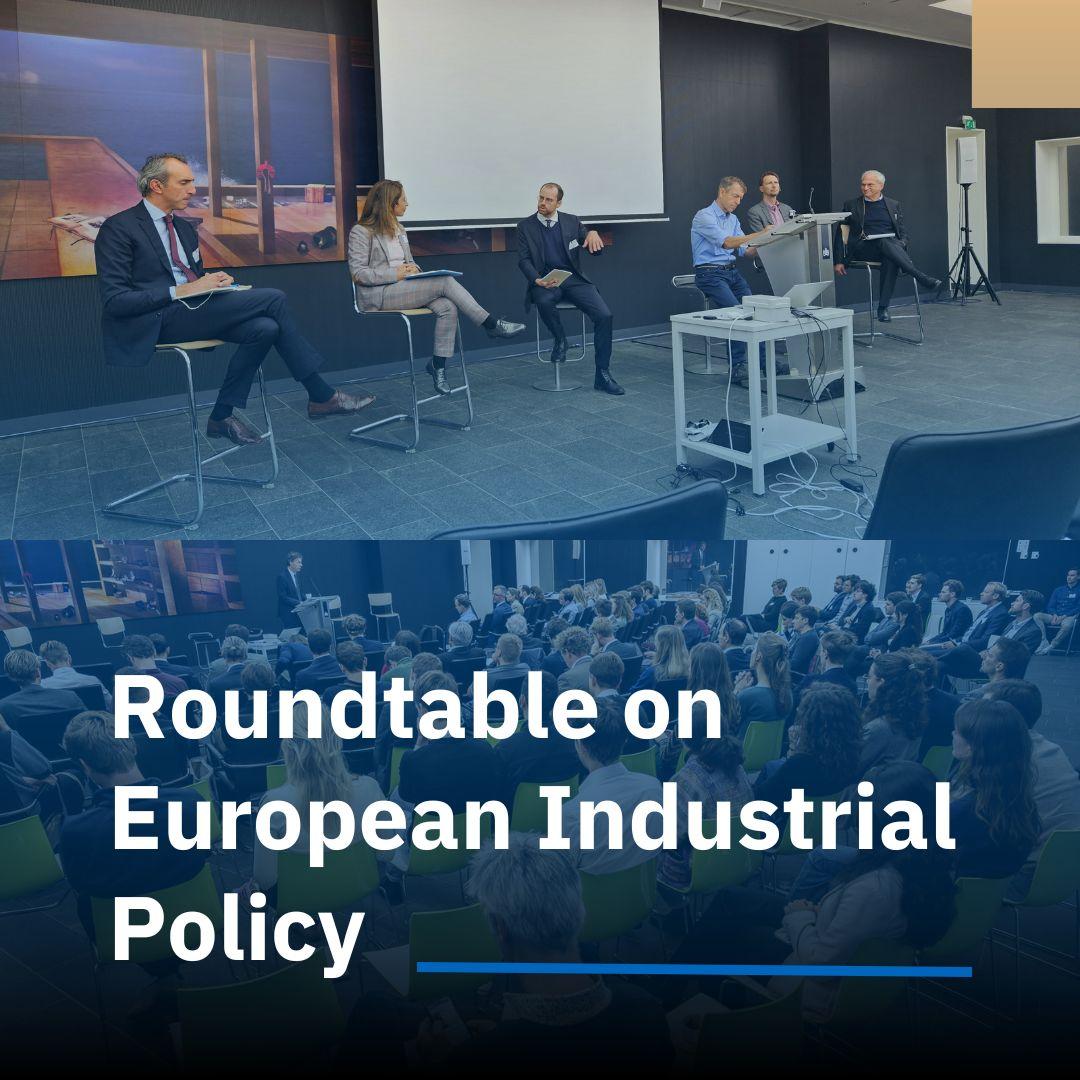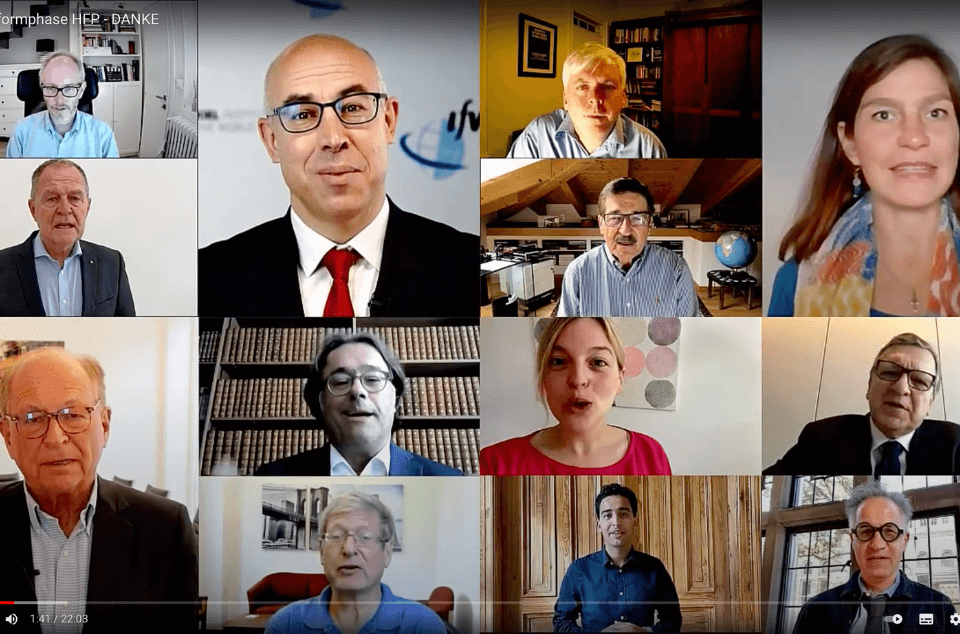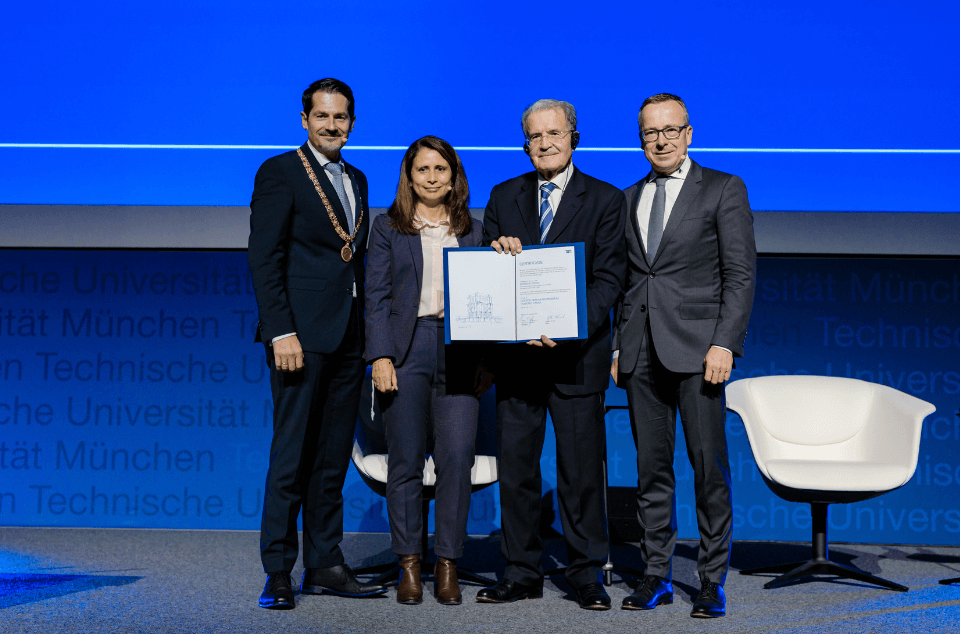Welcome
Professor of European and Global Governance
Eugénia da Conceição-Heldt
I hold the Chair of European and Global Governance at the Technical University of Munich. My research focuses on delegation and agency in international organizations as well as accountability, adaptation, and disruptions in European and international institutions, particularly in the context of geopolitical transformations. From 2016 to 2021, I was reform rector of the Hochschule für Politik München and (founding) dean of the TUM School of Governance.
Latest News
How EU Industrial Policy Got Its Groove Back: Securitisation and Governance Shifts in the Geoeconomic Era
This paper analyzes the transformation of European Union (EU) industrial policy from market-oriented to securitised approaches. We [...]
New Special Issue: China’s Rise and the Reconfiguration of Global Economic Governance
China’s rapid economic and political ascension is reshaping the architecture of global economic governance. In some cases, [...]
Second Workshop on Transatlantic Relations Held at EUI in Florence
From March 14-15, 2025, leading scholars gathered at the European University Institute (EUI) in Florence for the second [...]
Exploring the EU’s Global Gateway Initiative: Insights from the Munich Workshop
The Technical University of Munich (TUM) and Princeton University recently co-hosted the second research workshop on the [...]
Divergent Attitudes of Eurosceptic Parties Towards Intergovernmental and Supranational EU Institutions
Abstract How do Eurosceptic parties position themselves regarding individual European Union (EU) institutions? Using Euromanifesto data from [...]
Roundtable on European Industrial Policy
How should Europe respond to industrial policy from China and the US? What are the key principles [...]
Video Library
Access a range of academic content, from lectures to paper presentations, through a collection of insightful videos.
Speaker Series
Munich Talks.
In 2017, I established the speaker series Munich Talks to examine the interactions among politics, the economy, society, and technology, seeking a multi- and transdisciplinary social scientific understanding of these interactions. Munich Talks puts the spotlight on political challenges and examining solution strategies and provides a place of meeting for political science, political education and political practice. High-ranking scientists, well-known politicians and policymakers analyze current political developments and decision-making processes in political practice, making politics and political science a tangible experience for the general public.
Annual Conference
Munich Politics Network.
The Munich Politics Network is a global platform and an annual forum for discussions related to challenges in politics and technology. Together with scholars, policy-makers, politicians, business group and civil society representatives, we want to have a dialogue and provide answers related to current challenges. Rapid advances in technology (e.g. robotics, internet of things, social media, digitization, 3D printing, autonomous vehicles) are leading to unprecedented changes in politics, society, and economy. At the same time, shock events in politics (e.g. Brexit vote or the rise of populism) question the existing liberal democracies. Against this background, the Munich Politics Network was established in 2018 to focus on the interdisciplinary study of disruptions, characterized by major sudden displacements of existing political, economic, societal or technological structures and its rapid substitution by new structures or emerging technologies.

